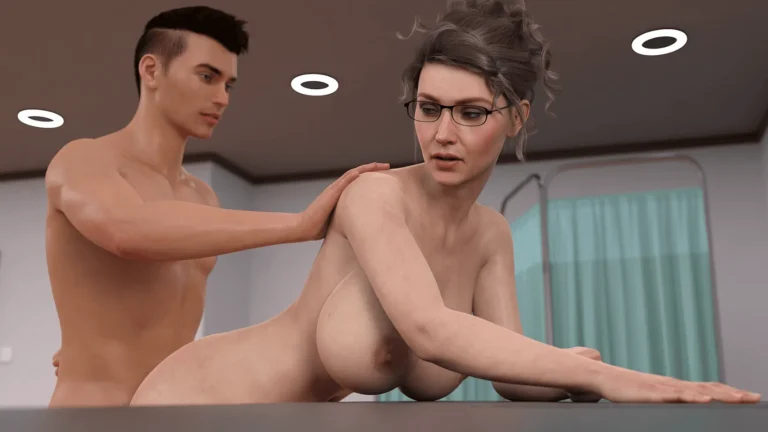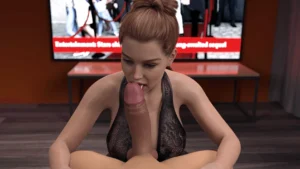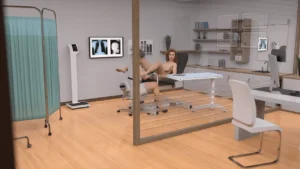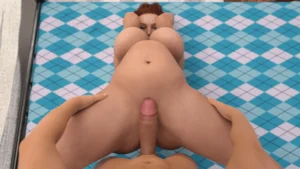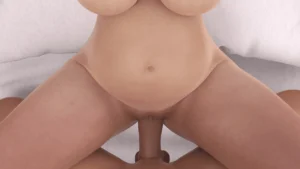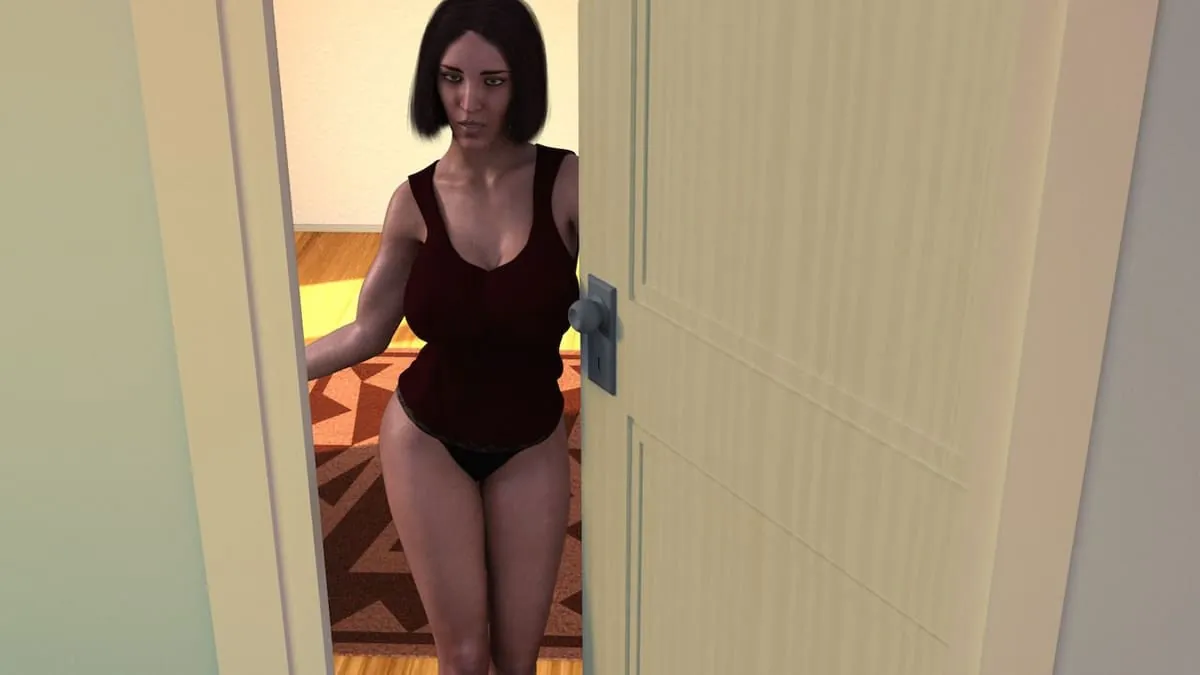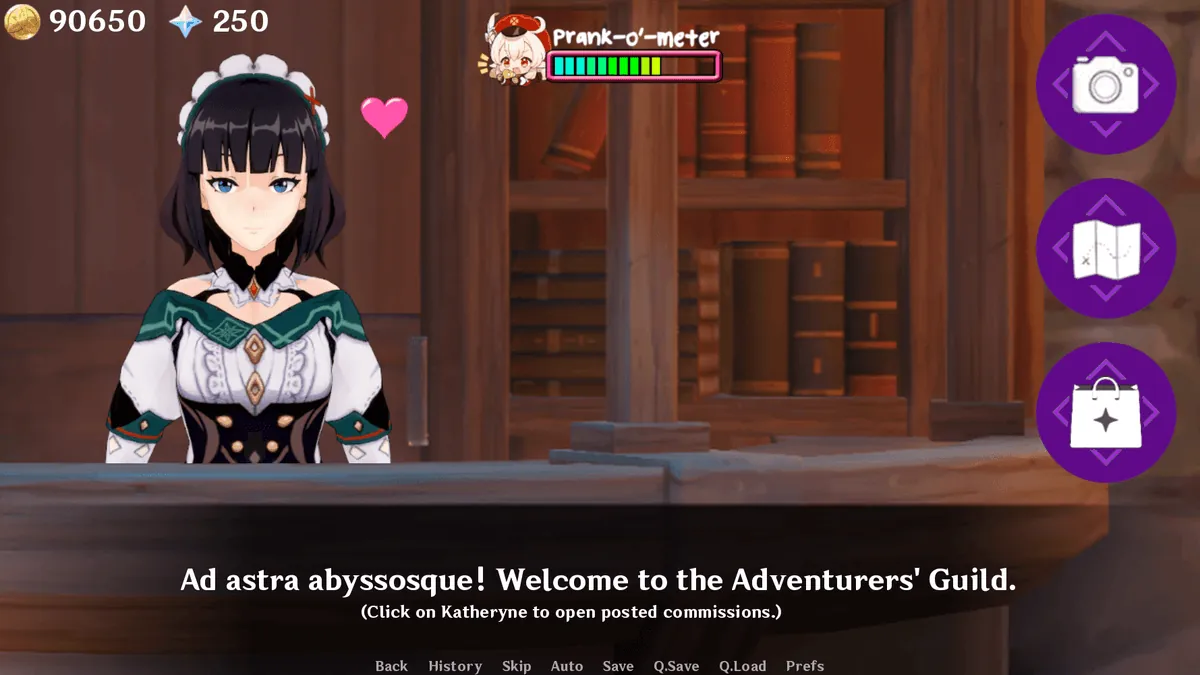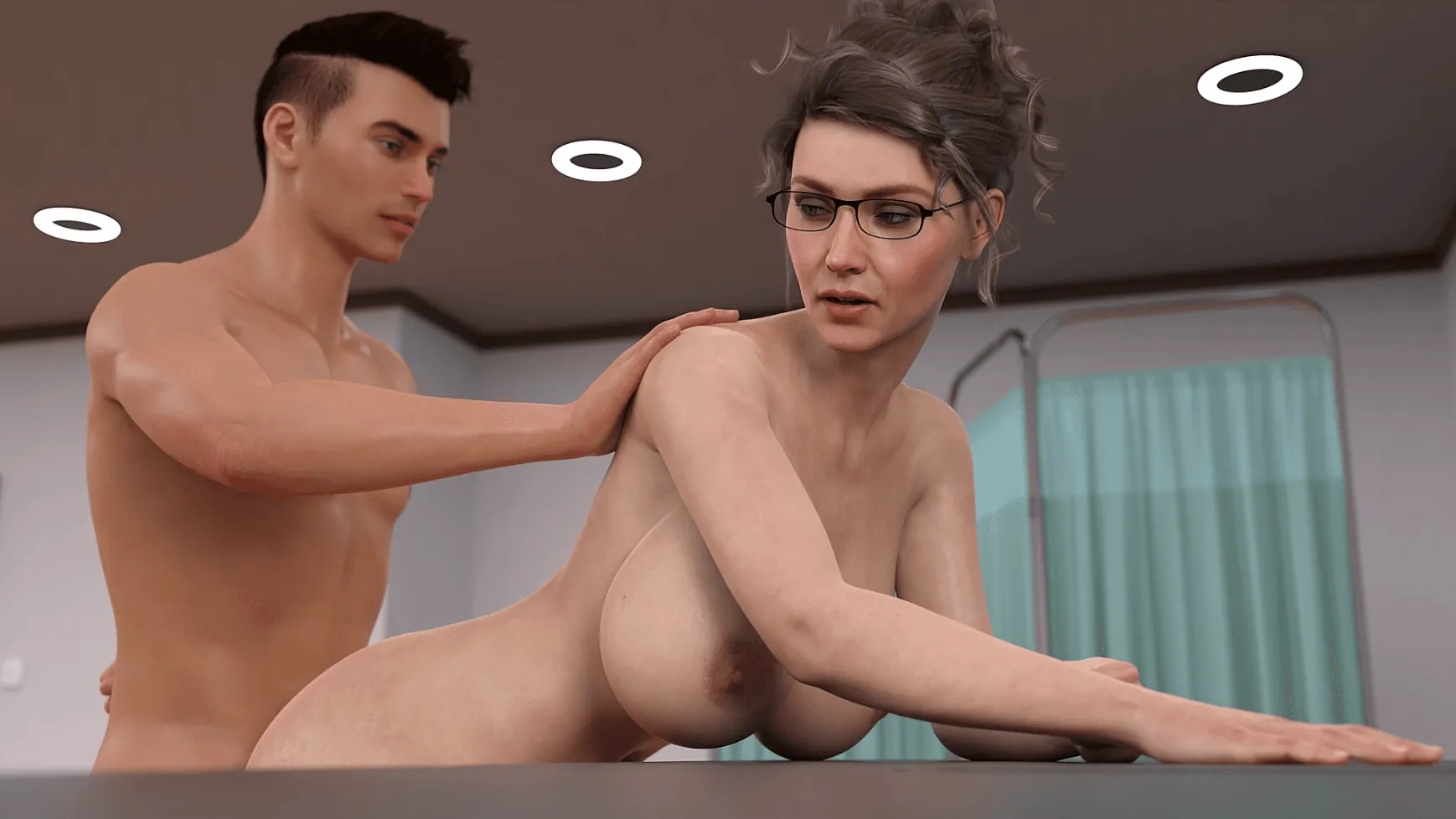
Play Adverse Effects
Adverse Effects review
How This Game Influences Players’ Well-Being and Relationships
The ‘Adverse Effects’ porn game has sparked conversations far beyond its gameplay, raising important questions about its influence on players’ lives. While some see it as just another form of digital entertainment, others worry about its potential to shape attitudes, behaviors, and emotional health. In this article, we’ll explore the real-world consequences reported by players, share personal stories, and offer practical tips for those concerned about their relationship with the game. Whether you’re a player, a concerned friend, or simply curious, this guide aims to provide a balanced, honest look at what happens when virtual experiences collide with reality.
Mental and Emotional Health Risks
Have you ever found yourself feeling unexpectedly low after a gaming session, wondering why a simple game could leave such a heavy emotional residue? 😔 When it comes to the ‘Adverse Effects’ game, the mental health effects can be surprisingly intense, creeping into your daily life and altering how you feel about yourself and the world around you. This chapter is all about unpacking those hidden costs—the emotional impact that might be influencing your well-being more than you realize. Let’s explore together how this game can shape your inner world.
How Does the Game Affect Mood and Self-Esteem?
The ‘Adverse Effects’ game is designed to hook you with rapid rewards and intense stimuli, which can create a rollercoaster of emotions. 🎢 Initially, you might feel a rush of excitement or accomplishment, but that high is often followed by a crash. This cycle can deeply affect your mood, leaving you irritable or flat when you’re not playing. I’ve spoken with players who describe feeling “empty” or “drained” after long sessions, as if the game saps their emotional energy.
Your self-esteem can take a hit, too. The game often presents idealized, unrealistic scenarios that set a bar no one can meet in real life. 😥 When you constantly compare yourself to these digital fantasies, it’s easy to start feeling inadequate. I remember a friend who played ‘Adverse Effects’ regularly; he began doubting his own worth because the game’s rewards made him feel validated in ways his everyday life didn’t. This kind of emotional impact can chip away at your confidence over time.
The game’s mechanics—like level-ups and virtual achievements—trigger dopamine releases in the brain, making you crave more. But when the game ends, that dopamine drop can lead to mood swings. 😟 You might find yourself snapping at loved ones or feeling unusually sad. It’s a classic case of the game’s design exploiting natural reward pathways, which can worsen self-esteem issues if you tie your value to in-game success.
Let me share a story about Alex, a player I got to know through an online support group. Alex started playing ‘Adverse Effects’ as a way to unwind after work. At first, it was fun—a harmless escape. But within months, his mood darkened. He’d cancel plans with friends, preferring to game alone. 😔 His self-worth plummeted; he felt he wasn’t “good enough” compared to the game’s characters. Alex’s experience shows how the mental health effects can sneak up, turning a pastime into a source of emotional turmoil.
Can Playing Lead to Anxiety or Depression?
For some players, the ‘Adverse Effects’ game isn’t just a mood-killer—it can fuel deeper struggles like anxiety and depression. The constant pressure to perform or unlock content can create a sense of unease that lingers even when you’re offline. 😰 This anxiety from gaming often stems from the fear of missing out or not measuring up, leading to restless nights and a nagging sense of dread.
I’ve seen how the game’s immersive nature can blur the line between virtual and real life. When you’re deeply engaged, your brain might struggle to switch off, causing heightened stress responses. 🧠 For instance, if the game involves competitive elements or time-sensitive challenges, it can mimic real-world pressures, amplifying feelings of anxiety from gaming. Over time, this can evolve into chronic anxiety, where you feel on edge even during calm moments.
When it comes to depression, the link is equally concerning. The ‘Adverse Effects’ game can contribute to feelings of hopelessness or sadness, especially if it becomes a primary coping mechanism. 😞 Players might use it to numb unpleasant emotions, but this avoidance can backfire, deepening depression and porn games related issues. The isolation that often accompanies heavy gaming—like withdrawing from social activities—can fuel a cycle of loneliness that exacerbates depressive symptoms.
The game’s reward system plays a big role here. By offering intermittent rewards, it keeps you hooked, but when those rewards don’t come, it can lead to frustration and a sense of failure. 😕 This emotional rollercoaster can wear down your resilience, making you more vulnerable to depression and porn games dynamics. If you find yourself feeling persistently sad or uninterested in things you once enjoyed, it might be time to reflect on the game’s role.
Personal Insight: From my own observations, many players don’t realize how much the game affects them until they hit a low point. It’s like a slow drip—the emotional impact builds up until it overflows into anxiety or depression. Recognizing this early is key to protecting your mental health.
What Are the Signs of Unhealthy Engagement?
Knowing when your gaming habits have crossed into unhealthy territory is crucial for safeguarding your well-being. The ‘Adverse Effects’ game, with its engaging design, can make it hard to spot the warning signs. 🚨 Here are some common indicators that your involvement might be affecting your mental health effects and leading to signs of game dependency:
- Increased Irritability: You find yourself getting angry or frustrated easily, especially when you can’t play or don’t achieve in-game goals. 😠 This can strain relationships and make daily tasks feel overwhelming.
- Social Withdrawal: You start avoiding friends, family, or social events to spend more time with the game. This isolation can amplify feelings of loneliness and contribute to self-esteem issues.
- Neglect of Responsibilities: Things like work, school, or household chores take a backseat to gaming. If you’re skipping meals or losing sleep over the game, it’s a red flag. 😴
- Mood Swings Linked to Gameplay: Your emotions fluctuate wildly based on your performance in the game—elation after a win, despair after a loss. This volatility is a classic emotional impact of unhealthy engagement.
- Preoccupation with the Game: You think about ‘Adverse Effects’ constantly, even when you’re not playing, and feel anxious or restless if you’re away from it for too long. 🕒
- Using the Game to Escape: If you turn to the game to avoid dealing with stress, sadness, or other real-life issues, it could be a sign of dependency. This avoidance can worsen anxiety from gaming and depression and porn games related feelings.
| Common Warning Signs | Why It Matters |
|---|---|
| Spending excessive time gaming | Can lead to neglect of health and relationships |
| Feeling guilty or defensive about play habits | Indicates awareness of negative effects |
| Physical symptoms like fatigue or eye strain | Highlights the toll on overall well-being |
If you recognize any of these signs of game dependency, it’s important to take action. Start by setting boundaries—like limiting playtime to specific hours—and gradually reintroduce activities you enjoy outside the game. 🏃♂️ Engaging in hobbies, exercise, or social outings can help balance your life and reduce the game’s hold.
Coping strategies are essential here. For example, practice mindfulness or meditation to manage anxiety, and talk to someone you trust about what you’re experiencing. 🧘♀️ Remember, seeking professional support, like therapy, can provide tailored tools to address mental health effects and build resilience. You’re not alone in this; many players have found relief by taking these steps.
In the end, the goal isn’t to eliminate gaming entirely but to foster a healthy relationship with it. By staying aware of the emotional impact and prioritizing your well-being, you can enjoy the game without letting it dictate your happiness. 💪 Take it one day at a time, and don’t hesitate to reach out for help—it’s a sign of strength, not weakness.
The ‘Adverse Effects’ porn game, like many immersive digital experiences, has the potential to influence mental health, relationships, and physical well-being—sometimes in ways players don’t immediately recognize. By understanding these risks, staying self-aware, and taking proactive steps to maintain balance, it’s possible to enjoy the game without letting it take over your life. If you or someone you know is struggling, remember that seeking support and setting healthy boundaries can make a meaningful difference. Your well-being always comes first.
